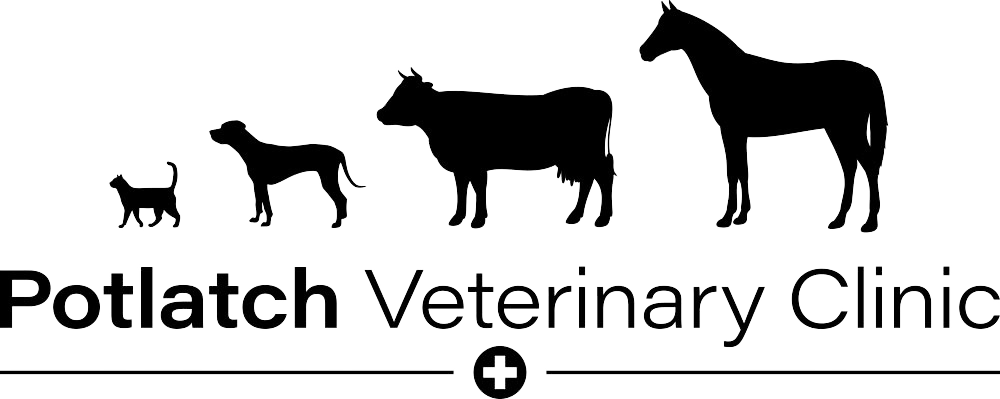Welcome to Potlatch Veterinary Clinic
WE LOVE ANIMALS
Potlatch Veterinary Clinic is a full-service veterinary care provider based in Potlatch, Idaho, offering both in-clinic and mobile services to ensure top-quality care wherever you are. Whether you visit our welcoming clinic or prefer the convenience of our fully equipped mobile veterinary truck, we are committed to making each experience positive and tailored to your small and large animals’ unique needs.
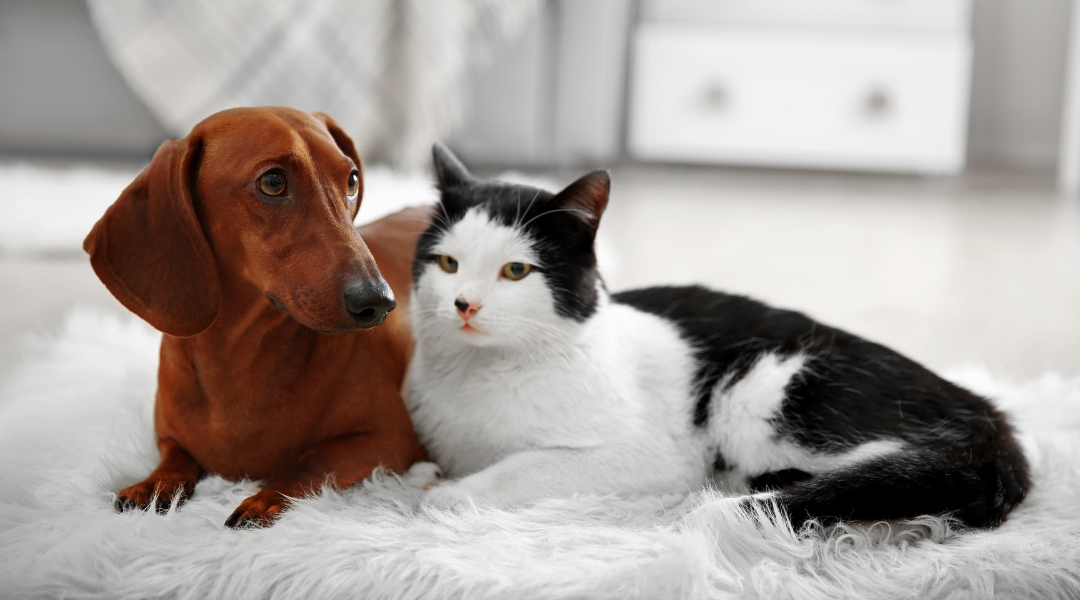
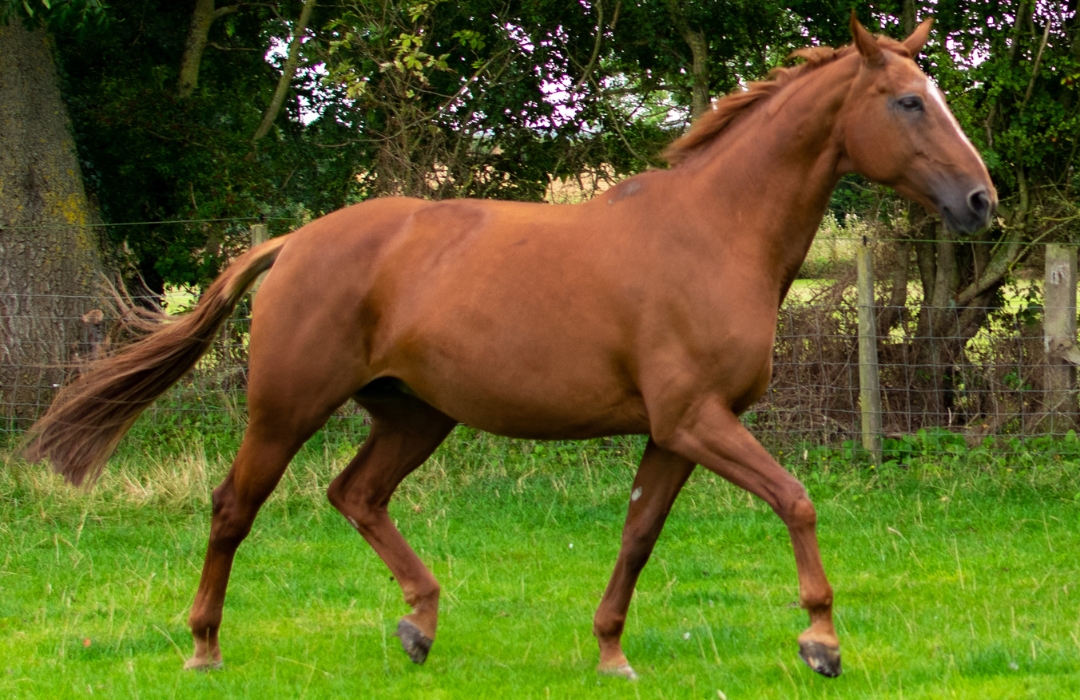
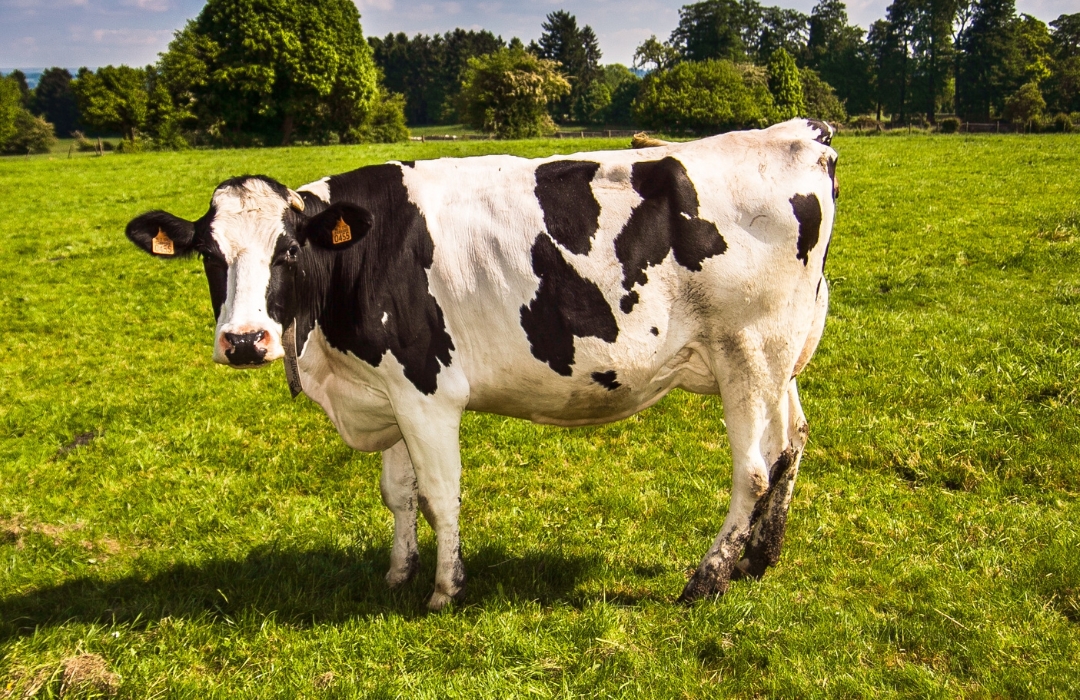

Small Animal Services
- Comprehensive Wellness
- Spay and Neutering
- Surgery Services
- General Wellness Care
- Diagnostic Services
- End-of-Life Care
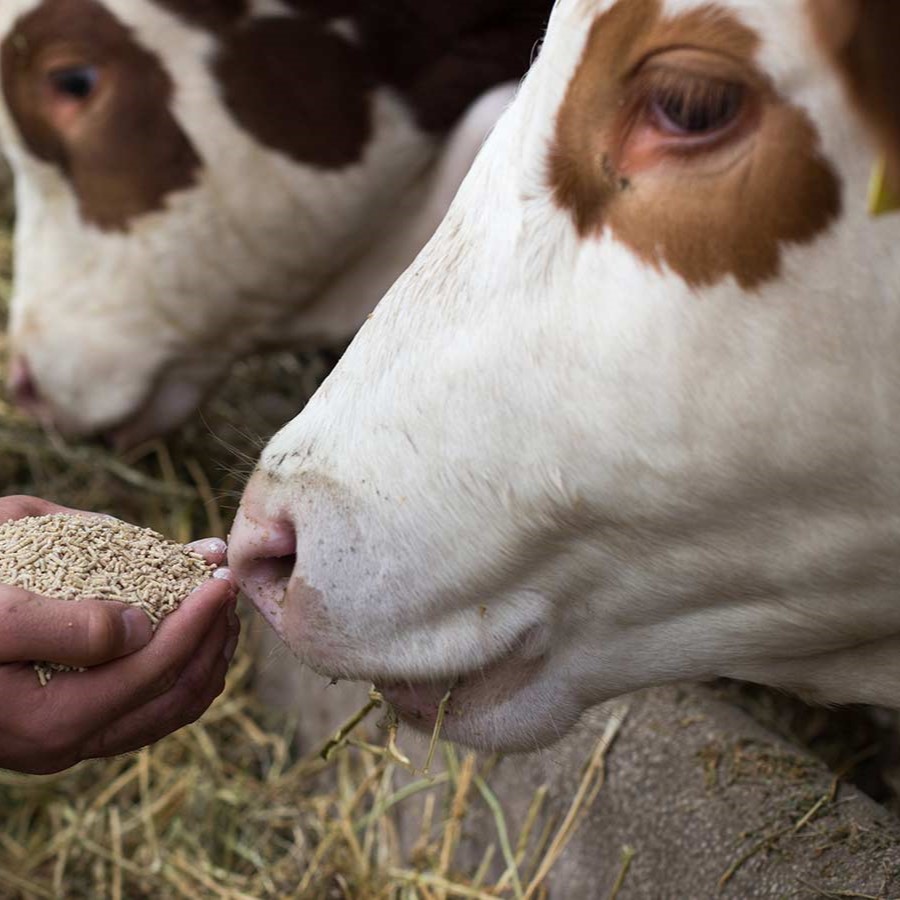
Large Animal Services
- hAnimal Health Certificates
- General Wellness Care
- Surgery Services
- Diagnostic Services
- Farm Calls
- Herd Health Management

Equine Services
- Equine General Wellness
- Equine Diagnostic Services
- hEquine Health Certificates
- Farm Calls
- Equine Minor Surgery
- Equine Integrative Medicine
Monthly Specials
Save $
Take advantage of our monthly specials at Potlatch Veterinary Clinic to enjoy significant savings on a wide range of our essential veterinary services, ensuring your beloved animals receive the care they deserve while keeping your budget in mind.
Meet Our Veterinary Team in Potlatch, ID
Our dedicated and caring veterinarians at Potlatch Veterinary Clinic are excited to introduce you to the wide range of veterinary services we offer. We are passionate about positively impacting the lives of our patients and their families while actively supporting our local community. To ensure your experience is as convenient as possible, we provide mobile veterinary services that bring outstanding veterinary care directly to your doorstep, making sure that top-quality treatment is always within reach.
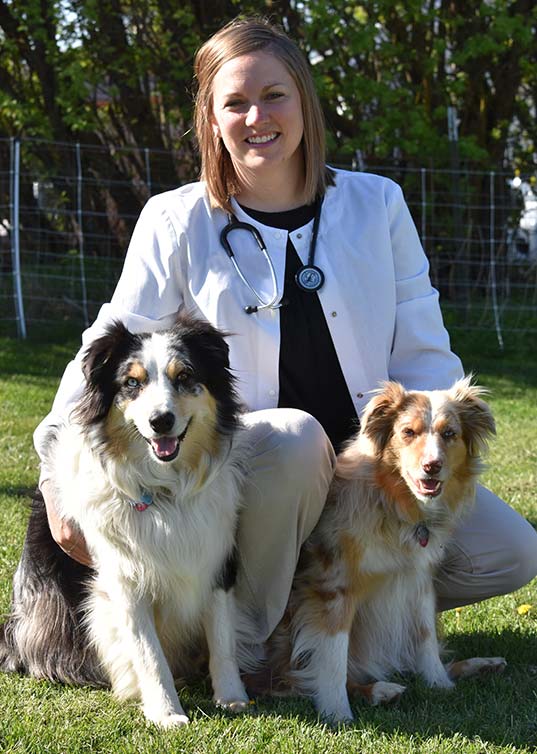
Dr. Lindsey McConnel
Dr. Lillian McKinley
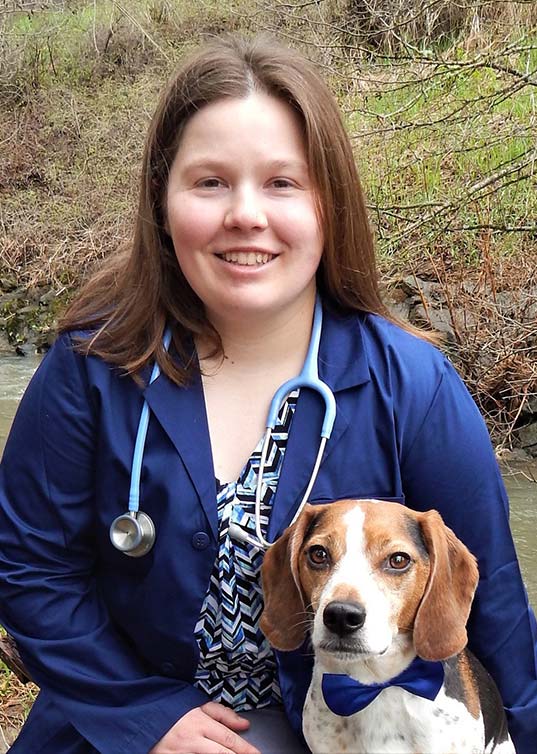
Dr. Lillian McKinley
Reviews
Thank you for your kind words
We truly value your kind words and the time you took to provide us with feedback.
